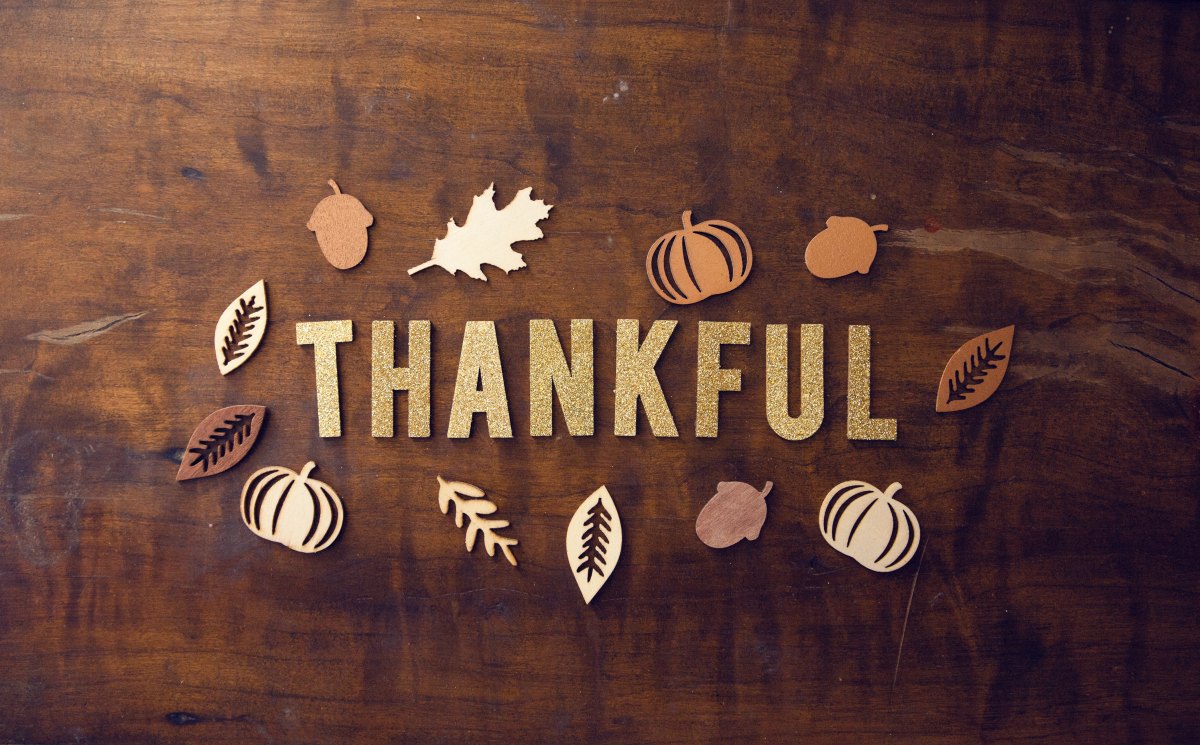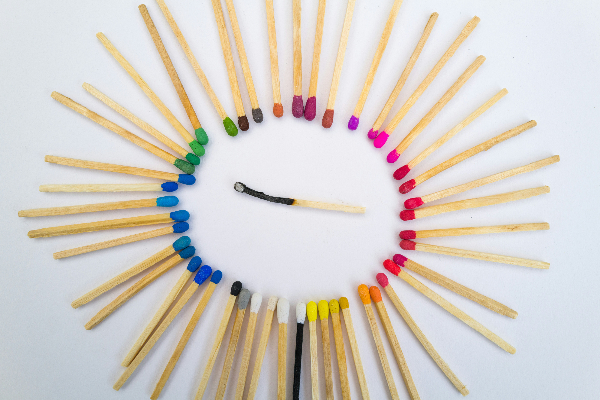Gratitude for Self

Did you know that people who experience gratitude cope better with stress, recover more quickly from illness, and enjoy more robust physical health, including lower blood pressure and better immune function? Gratitude is the quality of being thankful, the readiness to show appreciation and return kindness to others. In the US, Thanksgiving is the holiday that celebrates gratitude and encourages us to be appreciative. Students and teachers may spend time together creating gratitude quilts, writing gratitude letters or sharing a gratitude meal (check out Stone Soup: a lesson in sharing). However, there is a lesser known form of gratitude that we often miss: gratitude for self.
For many adults, and sometimes youth too, it is difficult to acknowledge their positive traits or list their strengths without feeling self-conscious. They may fear being perceived as vain or feel uncomfortable when somebody offers an authentic compliment. As we have discussed in the past, being able to identify our strengths is an important expression of self-awareness and a fundamental skill for our students to develop. Dr. Kristin Jeff, self-compassion researcher and author, argues that appreciating other people’s goodness while ignoring our own creates a false division between us and them. She explains how showing appreciation for our good qualities is an expression of gratitude for all the people who have shaped us as individuals—a nurturing family, supportive teachers, loving friends.
Great teaching requires educators to fully engage their mind, heart and soul to support students’ growth. There is no way around it. This means experiencing difficult emotions: failure, disappointment, even burn out. When we practice gratitude for ourselves, we take the time to appreciate and recognize the work we do every day and who we are as humans. It is not a selfish exercise; it is a practice that can fill your bucket, so you are ready to support others in doing the same for themselves. Try these simple practices:
1. Identify 3 things that you value about yourself. They can be related to your role as a teacher or other roles in your life (parent, spouse, sister/brother, neighbor). What is the impact of these things in your life? And the life of your students? Give yourself some credit!
2. Acknowledge 3 things that went well each day. Be specific about the choices you made that contributed to a positive outcome. Did you stay calm during a difficult conversation? Were you motivated and finished that lesson plan in time?
3. Take a moment to appreciate these things. Notice how you feel when you reflect on your strengths and the things that went well in your classroom or in your life. Now, decide on one thing that you will do to show yourself some kindness.
4. Repeat!
Gratitude starts inside and flourishes through our expressions of kindness towards others. Whenever you are expressing gratitude in your life or teaching your students how to be grateful, remember to spend some time discussing and practicing self-gratitude. Give it a try and let me know how it goes.
Wishing you all a great Thanksgiving holiday.
2 Comments
Leave a Comment
Subscribe to the HEART in Mind Newsletter
Research-Based Strategies for your SEL Toolbox










Good one, Lorea… I hadn’t considered “Gratitude for Yourself”. Cool concept!
I did notice, while I was reading, that there are a few things I do, for me, that I actually THANK myself for. For example, I have a side business where I sell fresh cut Eucalyptus. There is one process I especially DON’T like doing so, when I can get myself to that process anyway, especially in advance of when it’s needed, I tell myself, “If you do it now, you’ll thank you later.”… and I do! I find it encouraging, and validating, of and for me.
Anyway, thanks for the share. I’ll remember this concept for me, and I’ll share it with others, and think of you when I do.
Matt
Thank you for your comment, Matt. Finding those moments when you can appreciate yourself is part of living an emotionally intelligent life. Thank you for modeling it for us and for your ongoing support to my work. I am grateful.